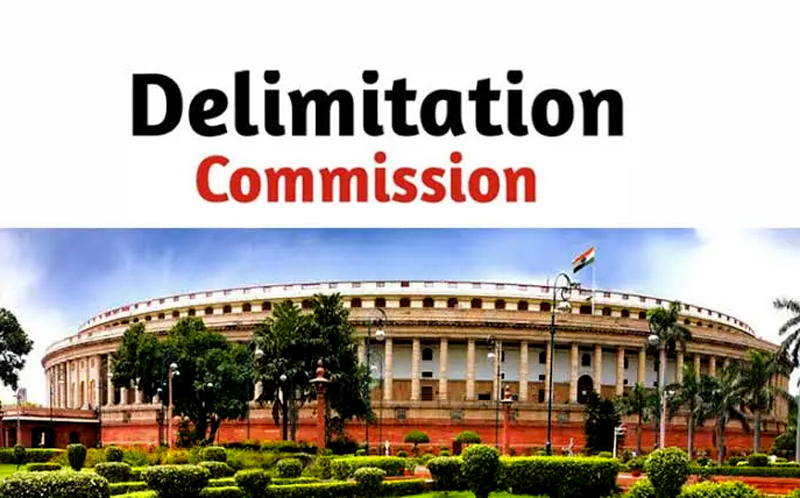Nomination of KP migrants, PoJK refugees to Assembly
Call to be taken on exact numbers shortly
Sanjeev Pargal
JAMMU, May 22: After the Delimitation Commission report is tabled in the Parliament, the Central Government is likely to accept recommendations of the Panel for giving two seats to Kashmiri Pandit migrants besides representation to Pakistan occupied Jammu Kashmir (PoJK) displaced persons settled here for decades.
“Number of seats to be given to PoJK displaced persons is likely to be finalized shortly as the Delimitation Commission hasn’t mentioned specifically the seats which can be given to them for nominations in the Legislative Assembly,” official sources told the Excelsior.
The Delimitation Commission has recommended that two Kashmiri migrants including one woman can be nominated to the Legislative Assembly with voting rights. It also recommended nominations for PoJK displaced persons but didn’t mention the numbers.
However, according to sources, the Central Government is considering giving three to four nomination seats to the PoJK displaced persons on the ground that 24 constituencies have been reserved for PoJK people in the Assembly and nearly one-third population had migrated here in 1947.
“Though there has been demand for reservation of eight seats for PoJK refugees settled here, the seats under consideration are three to four,” sources said.
Jammu and Kashmir Assembly has total of 114 seats but election will be held for only 90 constituencies—47 in Kashmir division and 43 in Jammu region–as 24 seats are reserved for PoJK refugees.
There is already provision for nomination of two women to the Legislative Assembly which was the case in the previous House also when Jammu and Kashmir was a State.
Strength of Jammu and Kashmir House could reach 98 taking into account nomination of two women and likely nomination of two Kashmiri Pandit migrants and four PoJK refugees, sources said.
The Delimitation Commission has recommended that Kashmiri migrants to be nominated to the Assembly should be given voting rights. This is in line with the Puducherry Assembly.
Sources said the power to nominate MLAs including women and, if approved by the Parliament, the Kashmiri Pandit migrants and PoJK displaced persons, with the Central Government as is the case in Puducherry Assembly.
Puducherry is also a Union Territory with Assembly like Jammu and Kashmir. It has 30 elected MLAs and three nominated while Jammu and Kashmir will have 90 elected MLAs and a call on exact number of nominations from Kashmiri migrants and PoJK displaced persons will be taken by the Central Government. However, two women have to be nominated to the House.
“If all eight nominated MLAs are given right to vote on trust motion and budget, which is the case in Puducherry, the majority mark in Jammu and Kashmir Assembly will reach 50,” sources pointed out.
The Delimitation Commission had submitted its report on May 5 while the Law Ministry published it in the official gazette a day before. The report now will be tabled in the Parliament after which the Central Government will decide the issue for nomination of Kashmiri migrants and PoJK displaced persons.
The Commission has already reserved nine seats for Scheduled Tribes and seven for Scheduled Castes in the Assembly.
While splitting Jammu and Kashmir into two Union Territories through the Reorganization Act, the Union Home Ministry had increased Assembly seats of Jammu and Kashmir by seven taking total seats to 114—24 of which are reserved for PoJK while election will be held for 90 seats.
Erstwhile State of Jammu and Kashmir had 111 seats including 24 reserved for PoJK while elections were held for 87 seats. With creation of Ladakh as Union Territory, four seats of the region were reduced and the Assembly was left with 83 seats. However, with increase of seven seats, J&K UT will have an Assembly of 90 seats. Two women MLAs will be nominated to the House, which was the position earlier also.
In the previous Assembly, Kashmir had 46 seats, Jammu 37 and Ladakh four.


